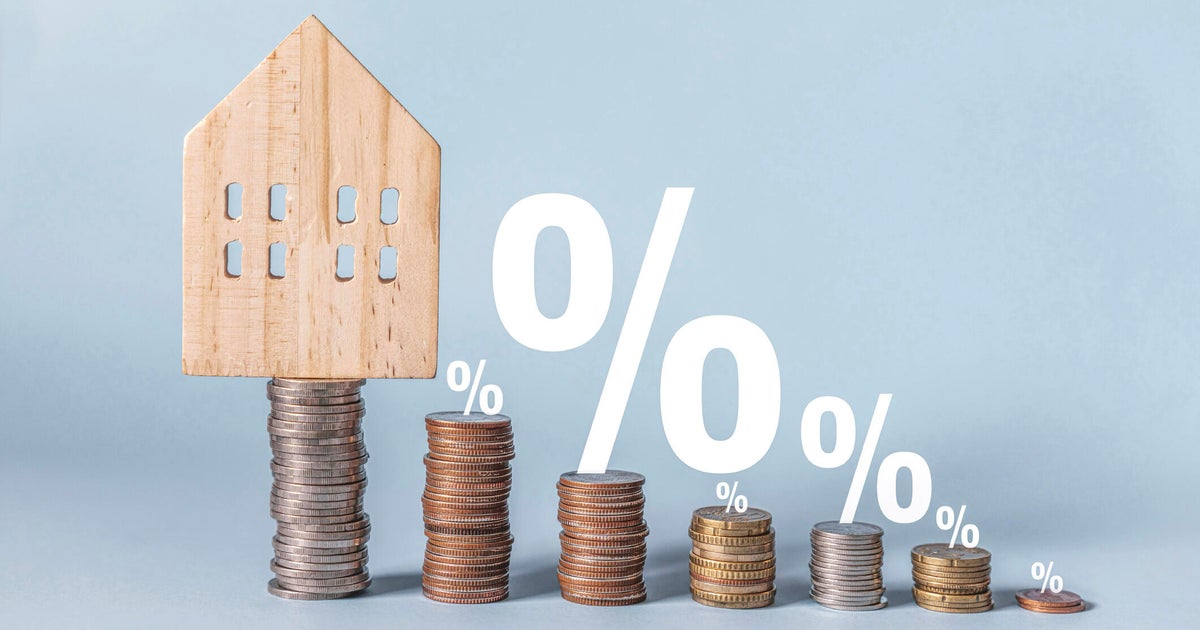How to get equity out of your home without refinancing
When it comes to borrowing money from your home's equity, refinancing is one option that you have. By using a cash-out refinance, you can refinance your existing mortgage for more than you owe currently and take the difference in cash. But the downside is that you also get a new interest rate and terms with your new mortgage loan, so it's not the best option if you've got a low interest rate or good terms on your existing mortgage loan.
That's especially true right now, as interest rates are elevated significantly compared to what they were just one year ago. In turn, you may not want to take on an entirely new mortgage loan with a refinance. Or, maybe you're looking for features a refinance doesn't offer or want to explore all of your options first. Whatever your reasons, it can benefit you to know the other options you have for tapping into your equity so you can make the best choice for your unique situation.
Explore your home equity borrowing options online today.
How to get equity out of your home without refinancing
In addition to cash-out refinancing, you can pull equity from your home with the following products.
Home equity loan
A home equity loan, also known as a second mortgage, enables you to borrow a lump sum of money using your home as collateral. Home equity loans typically have lower interest rates than credit cards and personal loans because your home secures the loan.
You make fixed monthly payments on a home equity loan starting when you receive the funds. You also continue to make your original mortgage payments (at the same rate and under the same terms).
You can use the home equity you borrow with this loan for anything you like. However, if you use it for IRS-approved home improvements, you may be able to deduct the interest at tax time.
Compare home equity products here to find the one that's right for you.
Home equity line of credit (HELOC)
A home equity line of credit (HELOC) is a revolving line of credit that works like a credit card. The lender approves you for a certain limit based on the equity in your home and your credit score.
HELOCs typically have a variable interest rate, which changes with the federal funds rate, and these rates are usually lower than other types of loans. As with a home equity loan, HELOC interest is tax-deductible if the funds are used for IRS-approved purposes.
You can borrow as much or as little as you need up to the HELOC's limit at any time during the draw period (which usually lasts five to 10 years). You begin paying back the amount you borrowed (not the full credit limit) once the draw period is over. You will also still need to continue paying your original mortgage.
Check out current home equity rates now and find out how much you could borrow.
Reverse mortgage
A reverse mortgage is a unique type of loan available for homeowners 62 years or older. It allows you to access your home's equity and convert it into cash in the form of a lump sum, line of credit or monthly payments.
Unlike home equity loans and HELOCs, you do not need to repay a reverse mortgage as long as you still live in the home. Payment only comes due when you permanently move, sell the property or pass away. You will, however, need to continue paying your homeowners insurance and property taxes, or you risk losing the home in foreclosure.
In addition, your reverse mortgage funds will first be used to pay off your existing mortgage, with the remainder of the funds going to you. That means that in addition to receiving these funds, you'll no longer have a monthly mortgage payment.
Which home equity product is right for you? Find out by viewing your options here.
Choosing a home equity product
Which home equity product is best for you depends on a variety of factors. When weighing your options, be sure to keep in mind:
- Your plan for the funds: Different home equity products are better-suited to different needs. For instance, home equity loans can be good for debt consolidation, while HELOCs can be good for regular, variable costs like paying for a child's education.
- The type of payment you want: If you want a specific lump sum, a home equity loan could be a good choice. If you want ongoing access to funds as needed, you may want a HELOC. Reverse mortgages allow you to choose a lump-sum payment, line of credit or monthly payments.
The bottom line
A cash-out refinance is one way to get equity out of your home, but it's not the only way. Home equity loans and HELOCs are also viable options, as are reverse mortgages for older homeowners. Which option is best for you will depend on your personal financial situation.
Before making a decision, be sure to do your research, compare rates and fees and consult with a financial advisor or trusted lender to ensure you make the choice that's right for your financial goals. With the right approach, tapping into your home equity can be a smart and strategic move to get the money you need for a variety of expenses.




